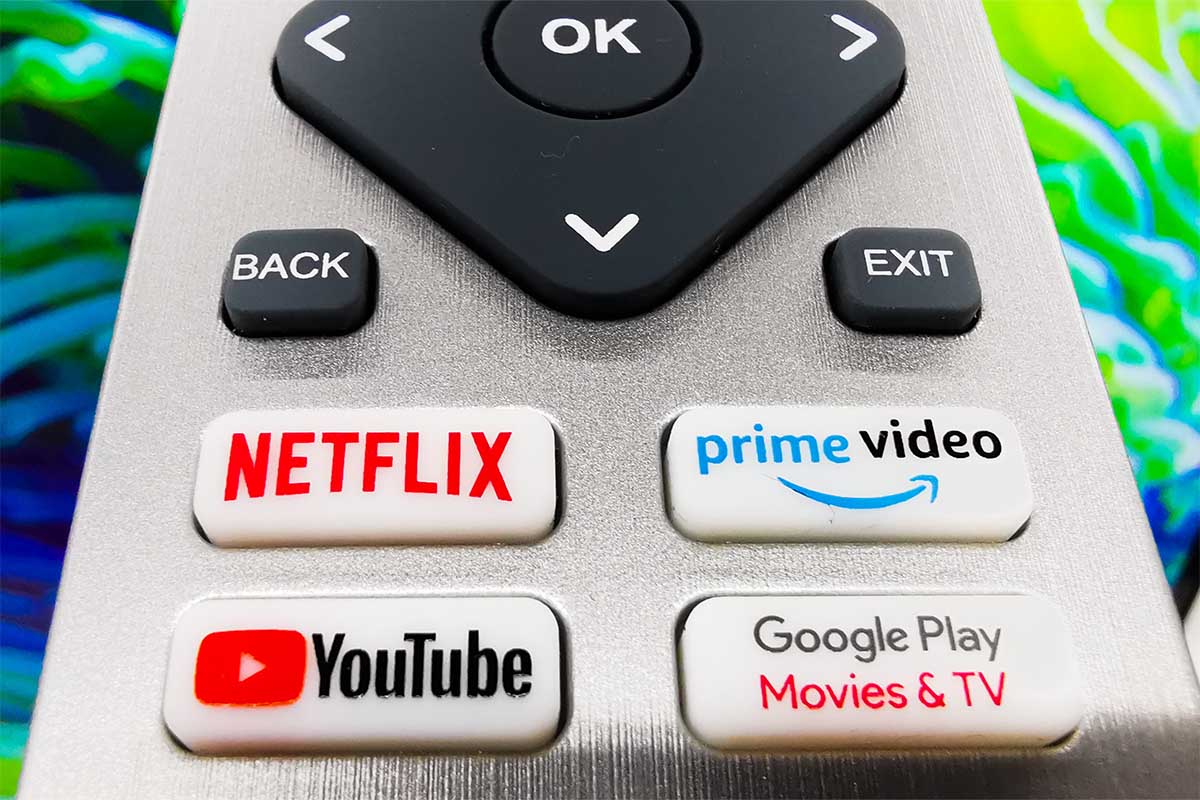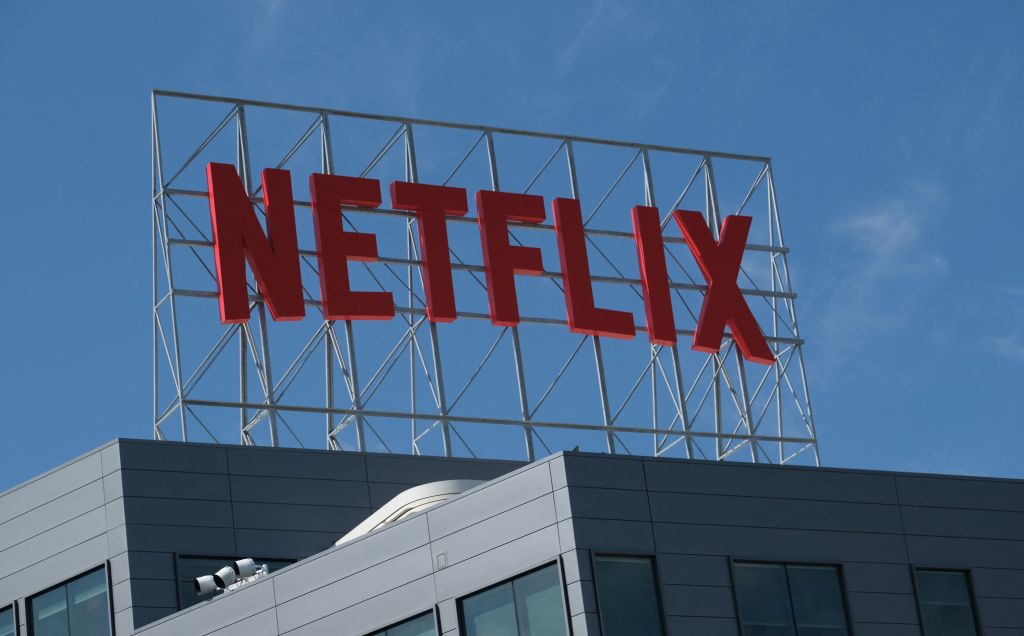According to a new report by the global insights and strategy firm National Research Group (NRG), streaming subscription services like Netflix appear to be immune to inflation.
“As inflation soars to levels not seen in decades…people have been forced to make hard choices about their spending. That includes cutting back on subscriptions,” NRG notes. In 2022, 51% of consumers say subscriptions make up a “significant” portion of their monthly spending.
That said, while a solid majority (66%) admit they’ll have to cut back on costs, only 28% of consumers plan to decrease their number of subscriptions over the next six months, and they’re least likely to cancel subscription services like Amazon Prime and TV/movie streaming services. On the other hand, dating apps, personal efficiency apps and beauty boxes seem to be the most vulnerable.
In particularly good news for Netflix and its competitors, a whopping 94% of respondents say they were satisfied with the “value for money” they get from streaming content providers, so recent price increases may not be an issue (yet).
A few other findings:
- 24% of U.S. consumers admit to password-sharing for streaming services
- $10.60 is the maximum amount the average consumer would pay for a streaming service that included ads
- 66% of consumers agree it’s hard to keep track of all the streaming services that have been launched in the last few years
- 56% of consumers have taken out a subscription planning to cancel before the free trial ended — and 73% of them have been charged because they forgot to do so
Data used in the NRG report came from a study of 2,509 U.S. consumers (aged 18 to 64) conducted in August 2022, “weighted to be demographically representative of the national population in terms of age, gender, ethnicity and income,” as the company writes.
Thanks for reading InsideHook. Sign up for our daily newsletter and be in the know.


















